Monkeypox and Disney World: What You Need to Know
To ensure we are equipping our readers with all the information they need, we will continue to report on all travel, safety, and virus/illness-related news that could impact a Disney Parks visit.
If you’ve been reading the news lately or even just checking the latest updates on Twitter, the odds are pretty high that you’ve read at least one story about monkeypox.
You might be wondering just what monkeypox is, whether it’s present in Florida, and what the current situation with this virus is. Knowing those things could help you prepare for your next Disney World trip. We’ve already shared a look at what experts are saying about monkeypox, but now we’re giving you a complete look at the situation and all the latest updates. Let’s take a look at what is known so far.
What is Monkeypox?
According to the Centers for Disease Control and Prevention, monkeypox is a rare disease. It’s caused by an “infection with the monkeypox virus.” The monkeypox virus is part of the same family of viruses that causes smallpox, and in fact, monkeypox symptoms can be similar to smallpox, though they are generally milder. (More on symptoms in a minute.)
Monkeypox was discovered back in 1968. The source of the disease is unknown, but some African rodents and non-human primates (like monkeys) may be able to harbor the virus and infect humans.
Before the 2022 outbreak, monkeypox cases were predominantly reported in central and western African countries, and cases outside of those locations were generally linked to international travel “to countries where the disease commonly occurs or through imported animals.”
Monkeypox Symptoms
So what symptoms should you look for when it comes to monkeypox? This is what the CDC lists:
- Fever
- Headache
- Muscle aches and backache
- Swollen lymph nodes
- Chills
- Exhaustion
- Respiratory symptoms (e.g. sore throat, nasal congestion, or cough)
- A rash (which might be located near the individual’s private parts or other places like hands, feet, chest, face, or mouth)
- The rash will go through several stages, including scabs, before healing.
- The rash can look like pimples or blisters and may be painful or itchy.
The CDC notes that an individual might experience all of the above-listed symptoms, or they might only experience some. Still, they note that most people who do develop monkeypox will get some kind of rash, so that’s an important thing to be on the lookout for.
Symptoms tend to start within 3 weeks of exposure, and if a person has flu-like symptoms they may develop a rash about 1-4 days later. According to the CDC, “monkeypox is rarely fatal” and its symptoms, though somewhat similar to smallpox, are milder.
How Does it Spread?
Monkeypox can spread in a variety of ways. Monkeypox can spread “to anyone through close, personal, often skin-to-skin contact.” The CDC shares that this would include:
- Direct contact with monkeypox rash, scabs, or body fluids from a person with monkeypox.
- Touching objects, fabrics (clothing, bedding, or towels), and surfaces that have been used by someone with monkeypox.
- Contact with respiratory secretions.
The CDC also notes that this close, personal, direct contact can also include intimate contact, hugging and kissing, and prolonged face-to-face contact.
Monkeypox can also be spread from the infected animal — either by getting scratched or bitten by an infected animal, or by preparing and eating the meat (or using products that come from) an infected animal.
The Florida Department of Health specifies that one way transmission can occur is by “breathing in or other exposure to large respiratory droplets during extended contact (3 hours or more) with an infected person without appropriate respiratory protection, such as a mask.”
The CDC has noted that monkeypox “is not known to linger in the air and is not transmitted during short periods of shared airspace.” You can see their examples below of when monkeypox may or may not spread.
In terms of spreading the virus to others, “monkeypox can be spread from the time symptoms start until the rash has healed, all scabs have fallen off, and a fresh layer of skin has formed.” Typically, monkeypox will last 2-4 weeks.
Note that scientists are still looking into whether monkeypox can be spread by a person who has no symptoms, and how often monkeypox is spread through “respiratory secretions.”
Monkeypox Treatment and Prevention
Currently, there is no specific treatment for monkeypox. But since the virus is genetically similar to smallpox, the antiviral drugs and vaccines that have been developed for smallpox may be used to prevent and treat monkeypox.
The Florida Department of Health notes that the vaccines for smallpox “have been shown to be effective in preventing monkeypox.”
In terms of prevention, the CDC recommends that individuals:
- Avoid close, skin-to-skin contact with people who have a rash that looks like monkeypox.
- Avoid contact with objects and materials that a person with monkeypox has used.
- Wash your hands often with soap and water or use an alcohol-based hand sanitizer, especially before eating or touching your face and after you use the bathroom.
The CDC also recommends vaccination for individuals who have either been exposed to the monkeypox virus or who may be more likely to get monkeypox.
The CDC also has recommendations and information about home disinfection and how to handle pets if you have monkeypox (or what to do if a pet shows signs of monkeypox). You can visit the CDC website for more details on that.
Monkeypox in the U.S.
Currently, there is a monkeypox outbreak that has spread across a few different countries, including the United States. Within the United States, there are 5,811 monkeypox cases as of August 1st, 2022.
At the moment, Florida accounts for 442 of those cases, making it the 4th highest state in terms of monkeypox numbers.
The CDC data shows that the number of cases does generally appear to be increasing, though on some dates the number of new cases reported has been quite low.
Globally, there are over 23,000 cases of monkeypox, many of which are in countries that don’t historically report monkeypox. Currently, the U.S. has the most monkeypox cases.
On July 23rd, the World Health Organization declared that the global monkeypox outbreak was a “public health emergency of international concern.”
But the CDC’s website notes that it has experience responding to the monkeypox virus and has “the tools to effectively respond to this outbreak.” Currently, the CDC is working to stop the spread of the virus, supporting diagnostic testing, and investigating more to better understand the outbreak.
According to Reuters, President Biden has appointed 2 federal officials to lead the administration’s response to monkeypox. The individuals appointed are top officials from the Federal Emergency Management Agency and the CDC. They will help coordinate the U.S. response to monkeypox. The Biden administration has not, however, declared a national emergency in response to the virus.
Some states, however, have declared states of emergency. In fact, all 3 states with case numbers higher than Florida — California, Illinois, and New York — have declared a state of emergency related to monkeypox.
Monkeypox in Florida (And Orlando Specifically)
As noted above, monkeypox has been found in Florida and as of late July 2022, Florida was 4th in the U.S. in terms of the most monkeypox cases.
According to data from the Florida Department of Health, there are (as of August 1st, 2022) 32 cases of monkeypox in Orange County and 3 in Osceola County.
Those numbers are relatively small, but they are increasing. Just a few weeks ago (around June 20th, 2022), the 2nd case of monkeypox was found in Orange County according to Click Orlando.com. That number has obviously gone up. And with increasing cases comes an increasing demand for the vaccine.
According to the Florida Department of Health — Orange County website, Orange County will provide the monkeypox vaccine to high-risk individuals as those doses become available from the federal government. In late July, Kent Donahue, public information officer with the Florida Department of Health-Orange County, told us in an interview that Orange County (at that time) had no Monkeypox vaccine appointments available. He noted that while the department is receiving doses of the vaccine, everything received has been spoken for.
Donahue shared, “We are a hub for distribution of the vaccine in the region.” Priority of distribution is going to places where the highest number of monkeypox cases are being reported.
Disney World
So what precautions should you take if you’re heading to Disney World right now as monkeypox continues to be spread?
The public health officials we spoke with declined to give us specific information for travelers, citing a lack of information specific to travelers. Instead, they directed us to review the prevention information from the CDC.
As a reminder, the CDC has made the following recommendations (most of which we noted above) to protect yourself from getting monkeypox:
- Avoid close, skin-to-skin contact with people who have a rash that looks like monkeypox.
- Do not touch the rash or scabs of a person with monkeypox.
- Do not kiss, hug, cuddle or have sex with someone with monkeypox.
- Avoid contact with objects and materials that a person with monkeypox has used.
- Do not share eating utensils or cups with a person with monkeypox.
- Do not handle or touch the bedding, towels, or clothing of a person with monkeypox.
- Wash your hands often with soap and water or use an alcohol-based hand sanitizer, especially before eating or touching your face and after you use the bathroom.
The Florida Department of Health also notes:
- Vaccination is recommended if started within 14 days of exposure to a person infected with monkeypox.
- Vaccination is recommended for people with certain job-related risks such as public health laboratory staff.
- Antiviral medications that were developed for use in patients with smallpox may be beneficial for people with confirmed monkeypox infection.
When it comes to really crowded places like parties and festivals, the CDC notes that individuals should consider how much skin-to-skin contact is likely for the place they’re going. If the party is one where there is likely to be direct, personal, skin-to-skin contact, there is some risk. The CDC notes that in those instances, individuals should avoid any rash seen on others and consider minimizing skin-to-skin contact.
What about wearing a mask? As we noted above, the Florida Department of Health has said that monkeypox can spread by “breathing in or other exposure to large respiratory droplets during extended contact (3 hours or more) with an infected person without appropriate respiratory protection, such as a mask.”
The CDC also says that monkeypox can be spread through prolonged face-to-face contact and contact with respiratory secretions. The CDC does advise that individuals with monkeypox wear a mask when in close contact with others in the home, and other household members should wear a mask when in close contact with the person with monkeypox.
But again note that the CDC has noted that monkeypox isn’t known to linger in the air and isn’t transmitted during “short periods of shared airspace.”
The Florida Department of Health notes that “Monkeypox is not a very contagious disease, and the risk of contracting monkeypox is generally low.” This is something that was reiterated to us by public health officials who said to keep this lower level of risk in perspective.
Thus far, we have not seen Disney make any kind of statement, implement any specific rules, or otherwise make any requirements regarding monkeypox. Disney World has changed its rules and regulations (regarding masks and social distancing) over the last several months related to the COVID-19 pandemic. It is possible that Disney could change its rules and regulations as the situation with monkeypox develops.
Given the fact that monkeypox is spread differently than COVID-19, isn’t known to linger in the air, and isn’t transmitted during “short periods of shared airspace,” any rules and regulations implemented may be very different than those put in place in response to COVID-19. But it’s possible that Disney will implement rules specifically aimed at targeting monkeypox, perhaps ones that would simply result in increased sanitization.
If you suspect that you or someone you’ll be traveling with has been exposed to or has monkeypox, you should contact a medical professional immediately.
You can click the links below to access more resources:
- CDC Monkeypox Information
- Florida Department of Health Monkeypox Information
- Florida Department of Health — Orange County Monkeypox Information and Telephone Number
We’ll keep an eye out for more information and let you know what we find.
Click here to see the latest updates about COVID-19 and traveling to Disney World
Join the DFB Newsletter to get all the breaking news right in your inbox! Click here to Subscribe!
The post Monkeypox and Disney World: What You Need to Know first appeared on the disney food blog.
from the disney food blog https://ift.tt/IauGwAl

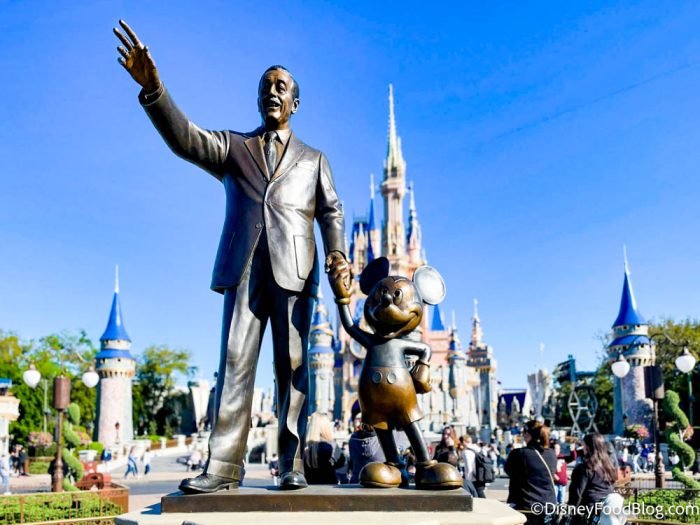
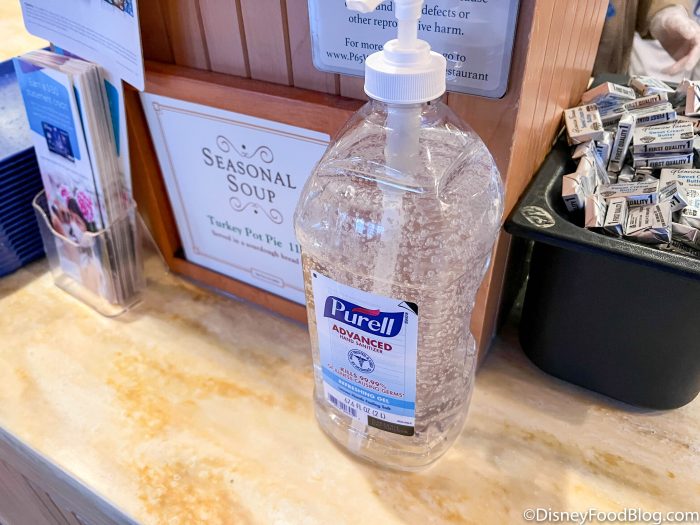
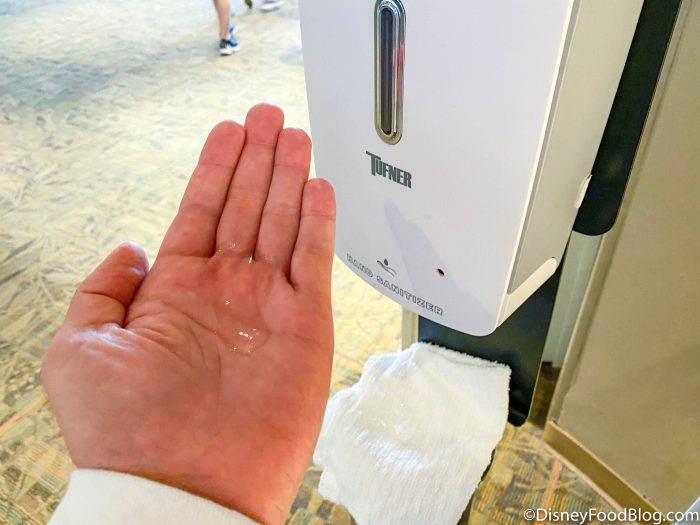


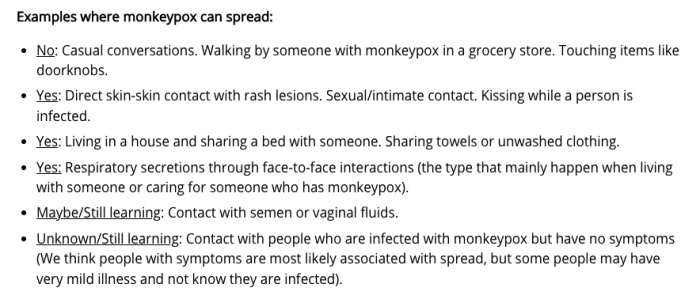



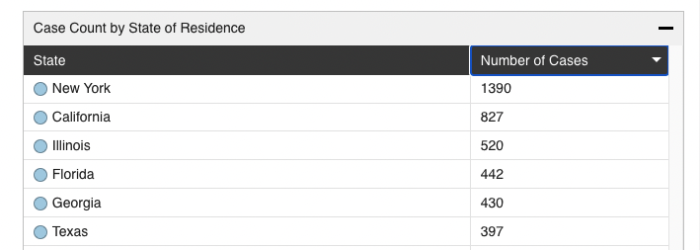

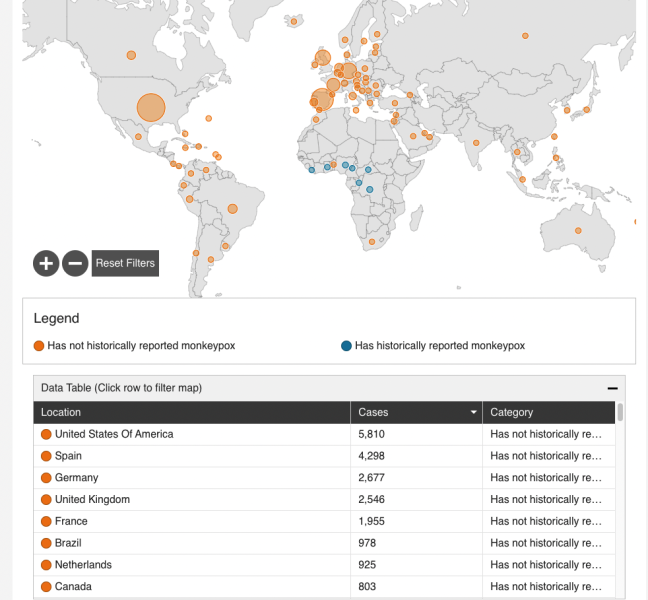

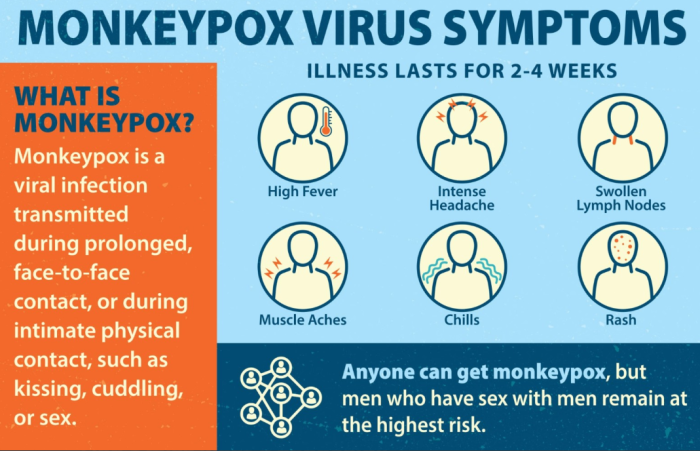
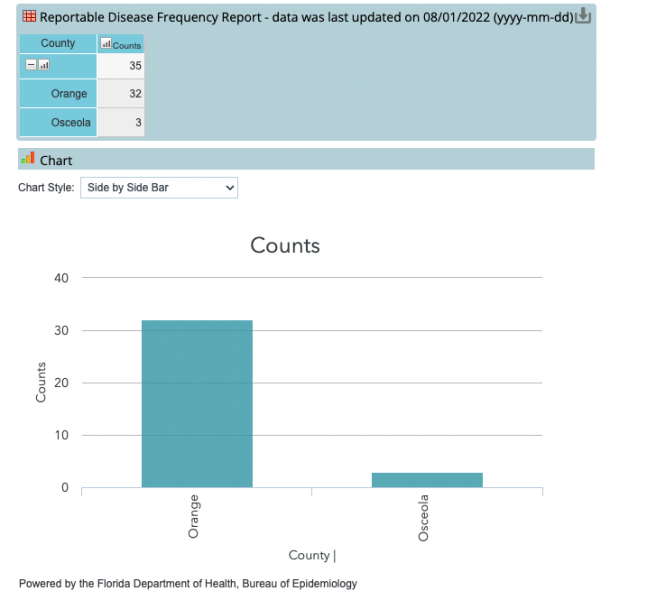
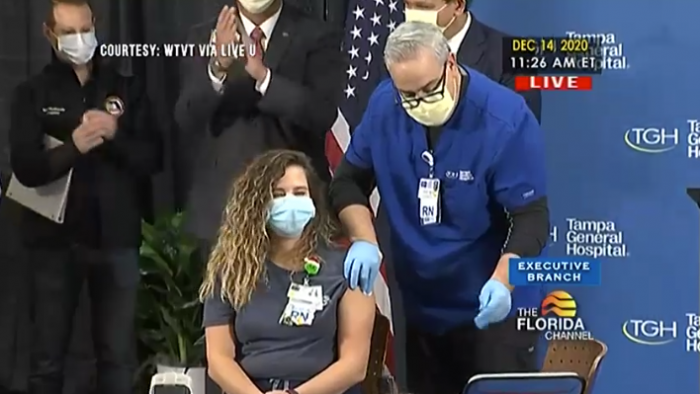
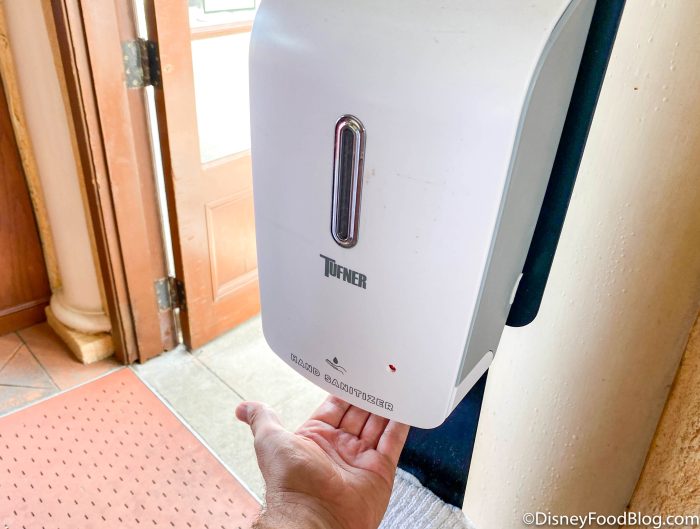


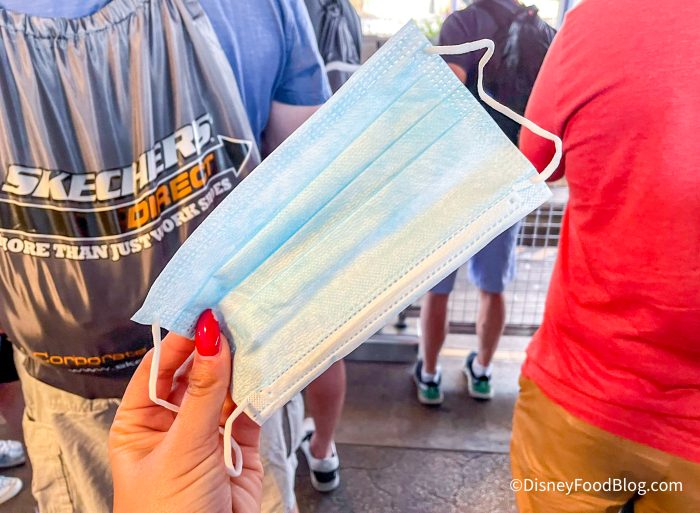
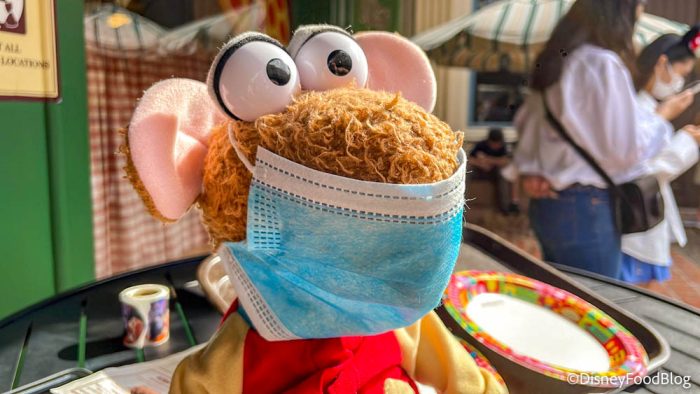

Post a Comment